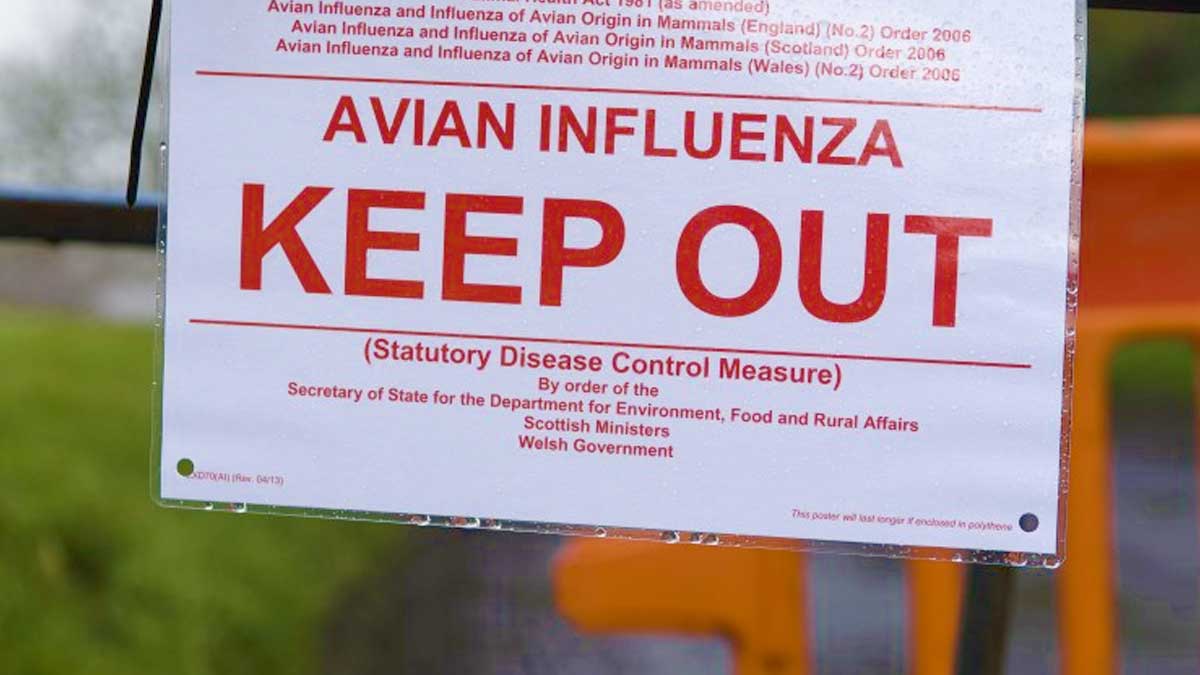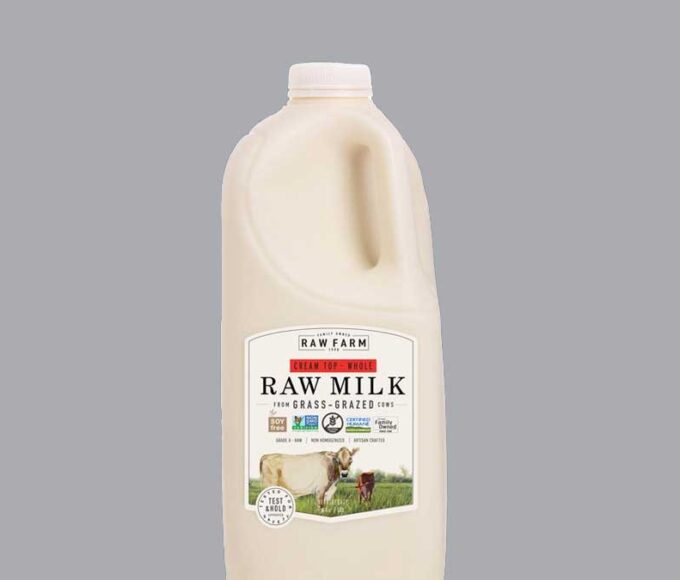- Home
- Billionaires
- Investing Newsletters
- 193CC 1000
- Article Layout 2
- Article Layout 3
- Article Layout 4
- Article Layout 5
- Article Layout 6
- Article Layout 7
- Article Layout 8
- Article Layout 9
- Article Layout 10
- Article Layout 11
- Article Layout 12
- Article Layout 13
- Article Layout 14
- Article Sidebar
- Post Format
- pages
- Archive Layouts
- Post Gallery
- Post Video Background
- Post Review
- Sponsored Post
- Leadership
- Business
- Money
- Small Business
- Innovation
- Shop
Recent Posts
WHO Warns of Increasing Risk of Bird Flu Spreading to Humans

A senior World Health Organization (WHO) official has issued a stark warning about the increasing risk of human-to-human transmission of bird flu. Despite no current evidence of direct transmission between people, there are concerns that the virus, which has evolved to infect humans from other mammals, could mutate further and pose a serious threat.
Jeremy Farrar, WHO’s chief scientist, highlighted the gravity of the situation during a recent press briefing. He emphasized the virus’s high mortality rate in humans and the alarming rise in cases of H5N1 bird flu, which has led to 888 reported human infections, with 52% proving fatal, between January 2003 and March 28, 2024.
The global outbreak, which began in 2020 following a resurgence in Europe, has caused widespread deaths among birds and is now affecting mammals like cows. This development is particularly concerning, as cows share similar body structures with humans, raising fears of potential human-to-human transmission.
While there have been no documented cases of human-to-human transmission, Farrar stressed the importance of vigilance, noting that the virus’s increased spread over the past two years has elevated it to the status of a “global zoonotic animal pandemic.” Efforts are underway to ensure equitable access to vaccines, therapeutics, and diagnostics in case of human transmission.
Despite the current lack of evidence supporting human-to-human transmission, concerns remain high due to the virus’s potential to mutate. Experts warn that the virus’s spread to cows, which are genetically closer to humans, and its high mortality rate make it a serious candidate for a future pandemic.
Recent outbreaks among cattle and goats in several U.S. states have raised further alarm, with reports of a man in Texas contracting bird flu after contact with an infected dairy cow. This marks the second case of H5N1 infection in humans in the U.S., following an earlier case in 2022.
While the FDA has approved vaccines for human use, current supplies are limited. In the event of a pandemic, plans are in place to ramp up production, but this process could take at least six months to provide sufficient doses for the entire population.
Recent Posts
Categories
- 193 Countries Consortium Partner1
- 193cc Digital Assets2
- 5G1
- Aerospace & Defense48
- AI37
- Arts3
- Banking & Insurance11
- Big Data3
- Billionaires1,467
- Boats & Planes1
- Business332
- Careers13
- Cars & Bikes79
- CEO Network1
- CFO Network17
- CHRO Network1
- CIO Network1
- Cloud10
- CMO Network18
- Commercial Real Estate7
- Consultant1
- Consumer Tech194
- CxO1
- Cybersecurity73
- Dining1
- Diversity, Equity & Inclusion4
- Education7
- Energy8
- Enterprise Tech29
- Events11
- Fintech1
- Food & Drink2
- Franchises1
- Freelance1
- Future Of Work2
- Games149
- GIG1
- Healthcare79
- Hollywood & Entertainment203
- Houses1
- India’s 1000 Richest1
- Innovation46
- Investing2
- Investing Newsletters4
- Leadership65
- Lifestyle11
- Manufacturing1
- Markets20
- Media327
- Mobile phone1
- Money13
- Personal Finance2
- Policy569
- Real Estate1
- Research6
- Retail1
- Retirement1
- Small Business1
- SportsMoney42
- Style & Beauty1
- Success Income1
- Taxes2
- Travel10
- Uncategorized14
- Vices1
- Watches & Jewelry2
- world's billionaires1,436
- Worlds Richest Self-Made Women2
Related Articles
Musk Endorses Mounjaro, Backs Affordable Weight-Loss Drugs
Elon Musk, the CEO of Tesla, made headlines on Christmas Day with...
By 193cc Agency CouncilDecember 27, 2024What Healthcare Can Learn from Nvidia’s Success
The tech industry is undergoing a seismic transformation, with two of its...
By 193cc Agency CouncilDecember 16, 2024Salmonella Triggers Recalls of Costco Eggs and Cucumbers
The recent salmonella outbreak has prompted the recall of two major food...
By 193cc Agency CouncilNovember 30, 2024Bird Flu Found in Raw Milk in California, Recall Issued
California health authorities have confirmed the presence of the bird flu virus...
By 193cc Agency CouncilNovember 25, 2024















Leave a comment